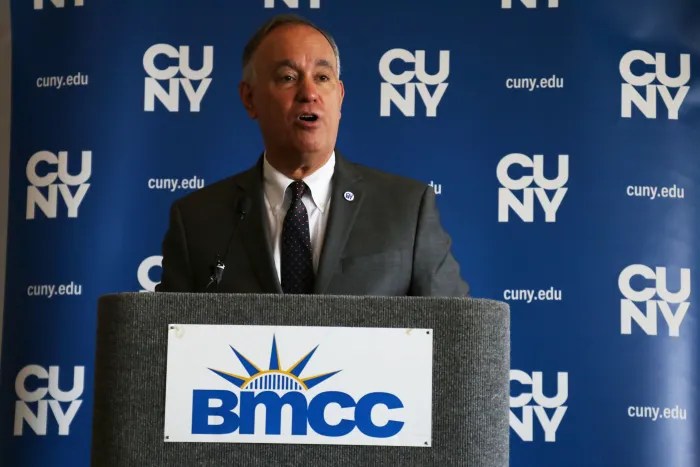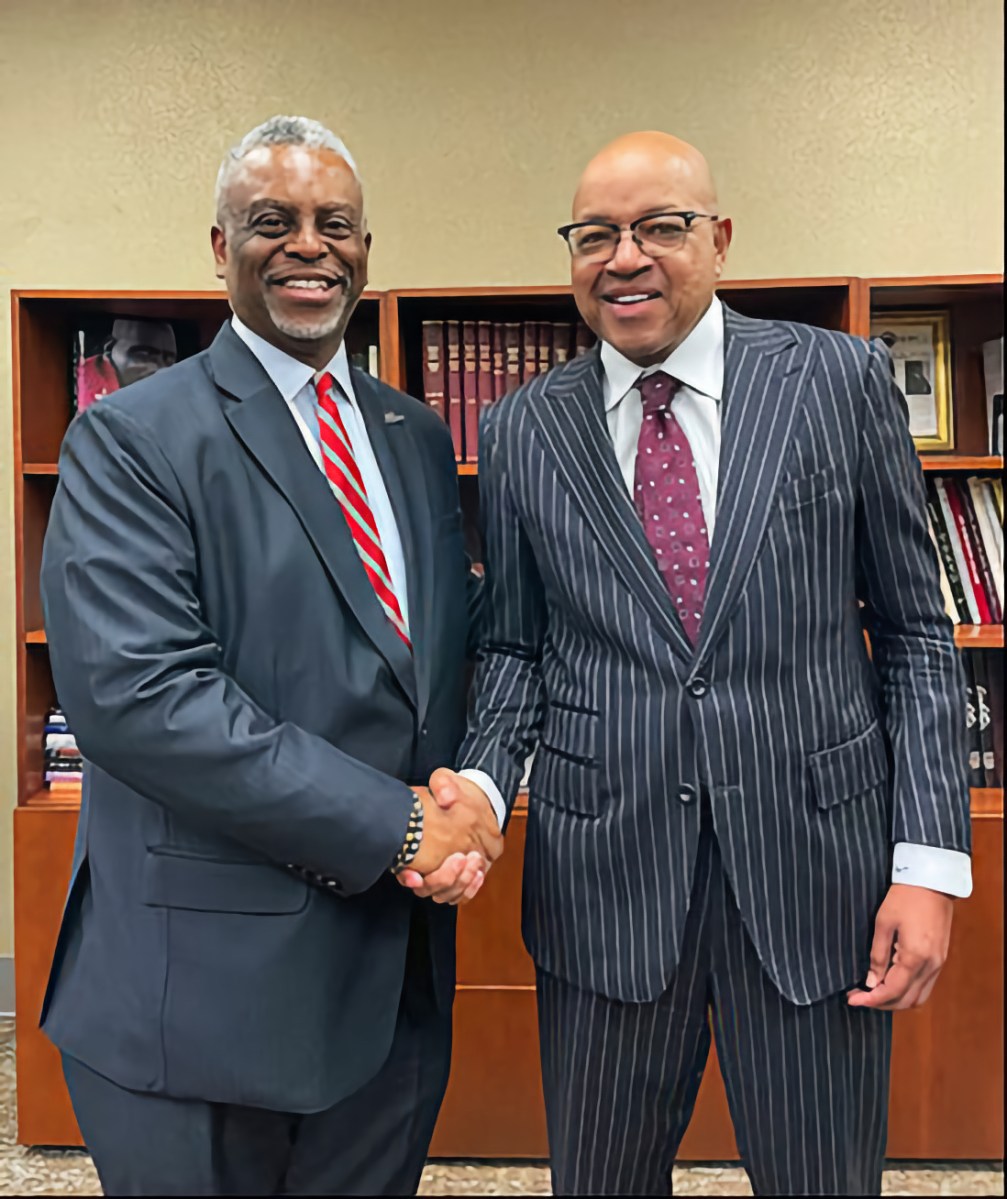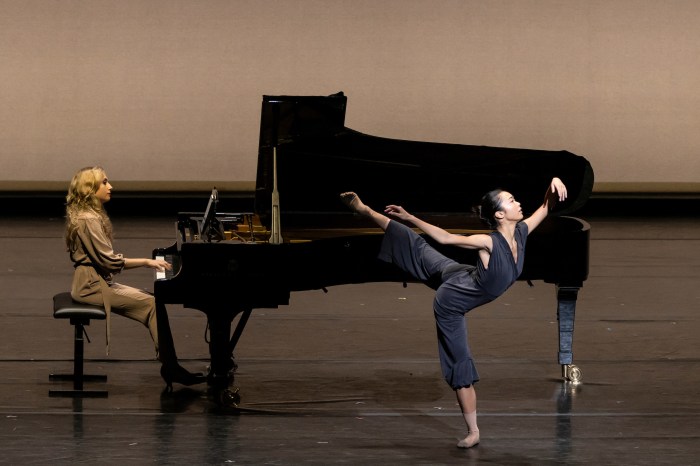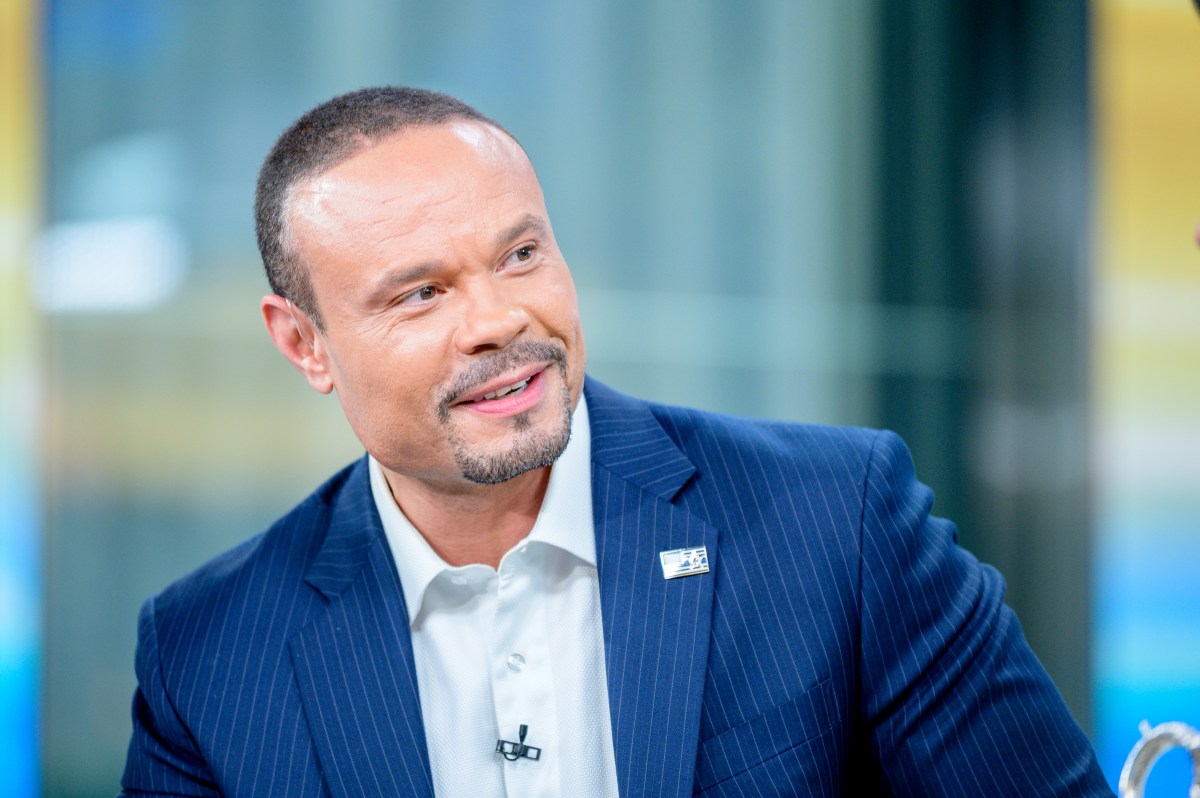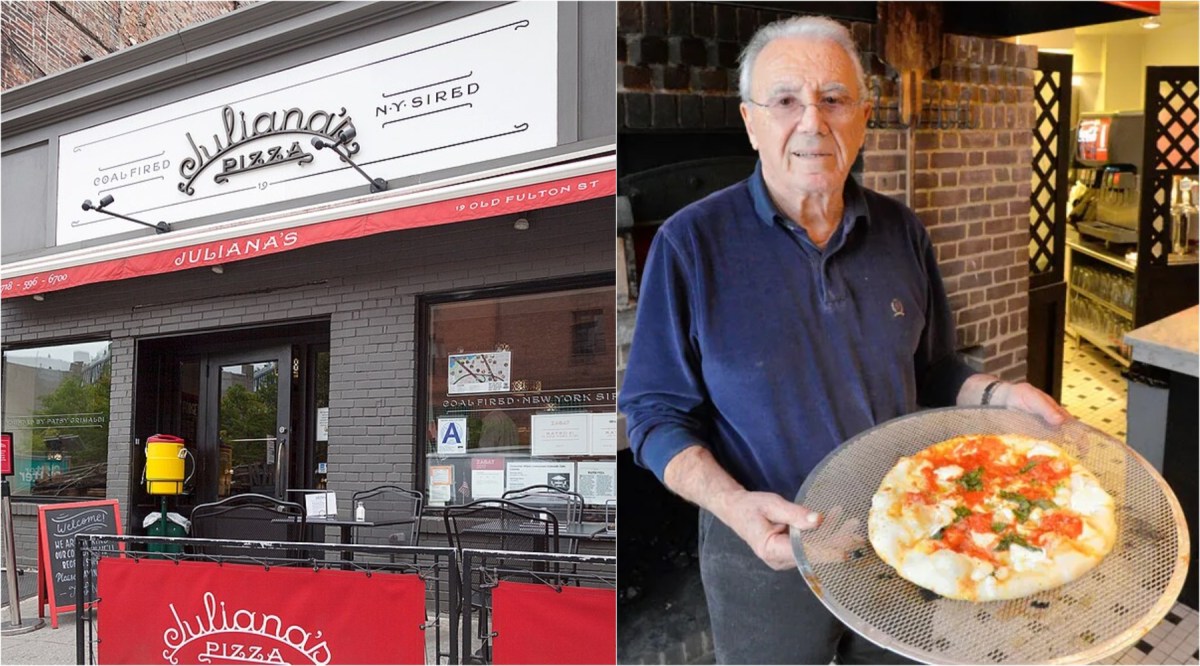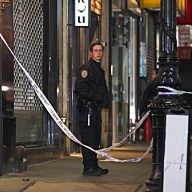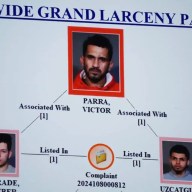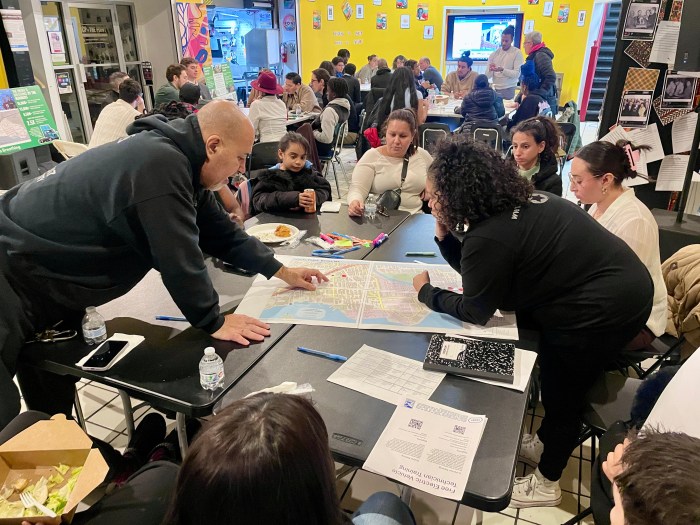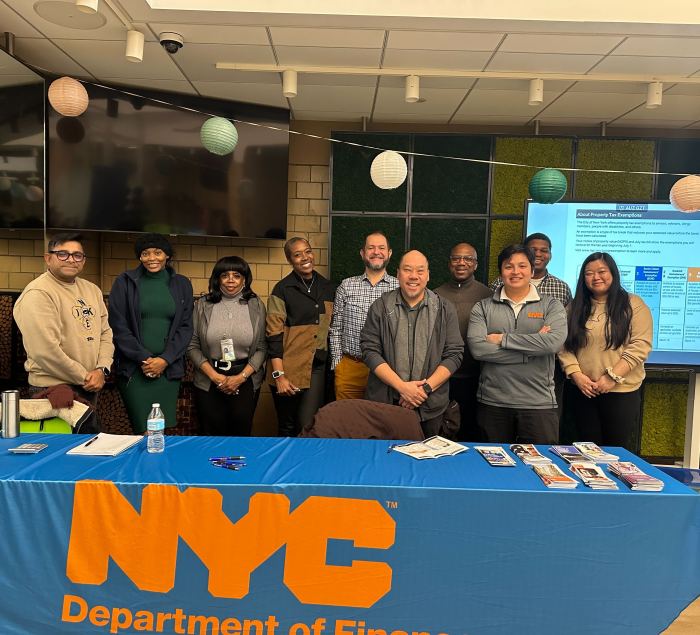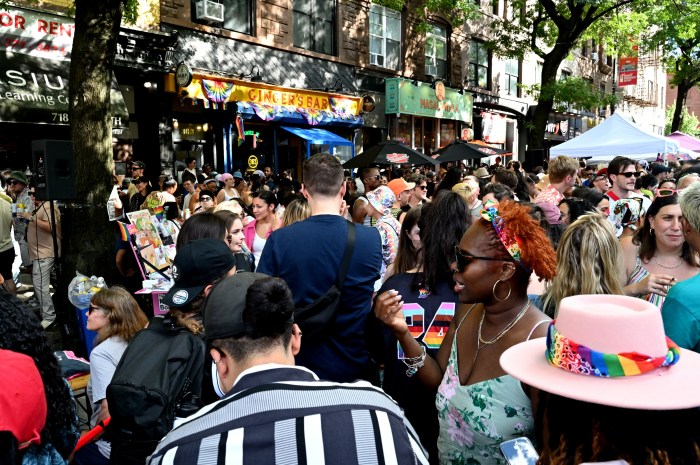In a tense follow-up Monday hearing, the City Council Higher Education Committee scrutinized CUNY’s efforts to address discrimination using findings from the governor-mandated Lippman Report, which revealed considerable discriminatory and antisemitic incidents on CUNY campuses.
The panel, led by Bronx Council Member and chairman Eric Dinowitz, pressed CUNY leadership, including Chancellor Félix V. Matos Rodríguez, at the Nov. 25 hearing for clarity on how rules are enforced system-wide, data on behavioral incidents and consequences and how CUNY communicates safety report results to students.
At the center of the session is the Lippman Report, created by retired state Chief Judge Jonathan Lippman, whom Gov. Kathy Hochul appointed to investigate, report and make recommendations related to antisemitism and discrimination on CUNY campuses. The report, which amNewYork Metro reported on in September, found that many CUNY students did not feel safe on campus.
Amid discussions on campus safety, Dinowitz expressed concerns over the absence of identification at on-campus protests or demonstrations and the lack of policies banning face coverings during the actions.
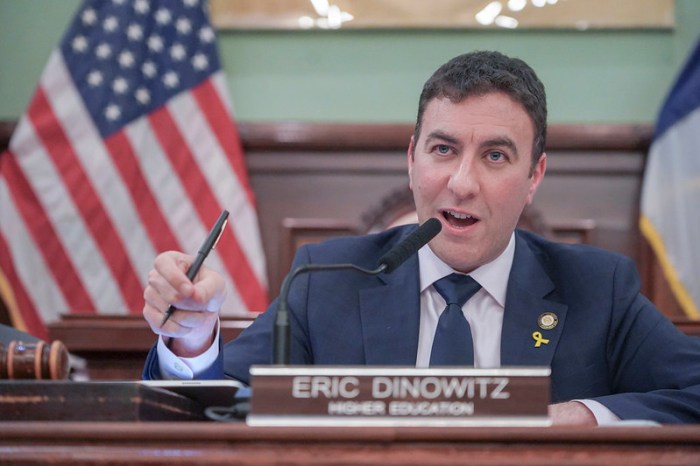
“One of the biggest deficits that we found are the clear guidelines on consequences and discipline because we’re aware of some of the efforts you’re making, although there’s a lot more to do,” Dinowitz said at the hearing. “I know you know how important this issue is. The existence of this report, the request by Governor Hochul, the attendance of a number students here and online is indicative of how important this is.”
Rodríguez, in response, cited the school’s adhesion to Henderson Rules, the list of rules and regulations governing campus conduct, when policing students, employees, and visitors.
He also said there are currently no plans to ban masking on campus or any form of face coverings, even during demonstrations.
In the chancellor’s testimony, he shared the school has taken action to address needs listed in the Lippman Report. This includes the creation of the Center for Inclusive Excellence and Belonging, a centralized effort to combat discrimination on campus, additional private officers, a case management system, student surveys and inclusion campaigns and the development of a Freedom of Expression Working Group, which will clarify policy on freedom of speech.
“We are a large system,” Rodríguez said in his testimony. “Tensions and challenges do arise, but we have rules and regulations in place to investigate and do not hesitate to enforce them. Our north star is to make our campuses places of respectful expression in which ideas are exchanged with openness, curiosity and empathy. That is how real learning happens.”
The chancellor did not provide data on the number of students identified when displaying misconduct — which raised concerns from committee members on whether there is a lack of rule enforcement or accountability mechanisms.
Lack of data appeared to be the common theme throughout the session; Dinowitz expressed his disappointment in CUNY leadership’s inability to provide a list of number breakdowns.
Brooklyn City Council Member Inna Vernikov, meanwhile, urged CUNY to commit to abiding by the list of recommendations made in the Lippman Report,, including the need for reasonable restrictions on the time, place, and manner of demonstrations, as well as timely responses to student inquiries through a campus complaint portal.

According to Vernikov, some students allegedly said the Hillel House, the campus organization celebrating Jewish culture and education, was their only refuge on campus, indicating a severe lack of protective measures elsewhere.
Other council members reported allegations of verbal harassment, including statements such as “No more Jews here” and targeted online comments.
In his report, Lippman made 13 recommendations, including enhancing collaboration with law enforcement and security professionals to create safety protocols, developing a clear definition of antisemitism, creating centralized resources, and creating an independent monitor to handle reports of antisemitism and discrimination.
During the hearing, Manhattan City Council Member Julie Menin called for a letter to be submitted to the council by the end of the week detailing plans to address students’ grievances —including issues such as broken security cameras, a comparison of current security personnel numbers to those from three years ago, and a timeline on when an antisemitic monitor would be implemented.
As the council continues to challenge CUNY on these critical issues, the overarching concern remains: Ensuring that every CUNY student can pursue their education safely and free from discrimination.
This story has been updated to include comment from Chancellor Félix V. Matos Rodríguez.



